UPD ISPs React to the Dangers of Adopting IPv4 Internet Address Sharing
Perhaps unsurprisingly most of the bigger ISPs weren’t too keen to get into the nitty gritty of CGNAT, with EE (Orange UK) preferring not to comment at all and TalkTalk simply advising us that they had “no plans to introduce Carrier Grade NAT at this time” (this doesn’t mean they won’t do it in the future).
Meanwhile Virgin Media suggested that it was too early to comment and simply re-issued their old statement concerning IPv4 and IPv6 support.
A Virgin Media Spokesperson told ISPreview.co.uk:
“As part of our progress towards rolling out IPv6, we have upgraded our network to support IPv6 traffic and we’re currently assessing what changes may need to be made to fully support IPv6 in the home. In the meantime, we have enough IPv4 addresses in reserve to satisfy demand for the foreseeable future and we will be supporting IPv4/IPv6 in parallel until a full IPv6 service is complete.”
Elsewhere Sky Broadband (BSkyB) expects all ISPs to eventually adopt CGN in the future but, due to the technologies inherent problems, they similarly predict that the solution will remain in trial for some time across the industry. Sky also claims to have taken precautions to make sure they don’t run out of IPv4 addresses before websites catch up with their future IPv6 network.
A Sky Broadband Spokesperson added:
“It’s likely that a large number of broadband providers will move to CGN in the future. However, due to the potential impact on certain types of online services, we expect it to be extensively tested by the industry first.”
Thankfully the other ISPs, at least those that were willing to comment, were kind enough to dig a little deeper into the issue.
An ISPA UK Spokesperson said:
“The transition to IPv6 is on-going and for different ISPs the speed and method of transition varies. Whilst a number of smaller ISPs have already moved to providing native IPv6, others are facing a more complicated transition process which is likely to require the adoption of CGNAT in the medium term whilst true transition solutions are designed. Public trials should be applauded for its openness with their customers, even if there are other transition solutions that would lead to a quicker IPv6 based Internet.”
Piers Daniell, MD of Business ISP Fluidata, said:
“This technology has been in use for many years by the mobile operators to provide internet access to millions of handsets. We have been interested in its potential deployment within traditional fixed line ISPs as it does solve the issue that IPv6 isn’t being adopted as quickly as the industry had hoped. Unfortunately widely available IPv6 routers for consumers just don’t exist in the same way that they do with IPv4 so the use of CGN (Carrier Grade NAT) looks like the only viable option going forward. Services such as browsing, email, login to HTTPs sites, VPN and remote desktops should be fine using this solution as they rely on the consumer requesting information from behind their router.
The issues with this solution are for businesses who typically need traffic to start from outside the network and dial into them too. Email servers, VPN endpoints and websites are good examples of traffic that need a fixed public internet address. You can sometimes get around this using DNS hostnames with port mapping but it is not going to fit everyone’s requirements. Therefore we have been taking steps to ensure our IPs last as long as possible so our customers can still conduct their business in the usual manner. Old IPs are being recycled and older larger subnets are not being awarded without strict justifications. We also have the luxury of dual stacking both IPv6 and IPv4 addresses as customers on the whole have more expensive enterprise grade hardware which supports both.”
Adrian Kennard, Director of ISP Andrews & Arnold (AAISP), added:
“We are not surprised that some ISPs are having to consider carrier gradeNAT, but we are surprised that ISPs have left it so long to properly implement IPv6 which is the real long term solution here.
Carrier grade NAT adds a new layer of problems and just compounds the difficulties faced by anyone making new services and innovations on the Internet. We already see applications jumping through hoops to work with NAT on customer routers – many of which will not work with carrier grade NAT. Ultimately end users will see a poorer service with more things “not quite working” and more chances for things to break.
All ISPs should be providing proper IPv6 first, and using NAT purely as a stop-gap. This will allow innovation to continue and use the end to end design of IP, and it will mean services using IPv6 will “just work”.
At AAISP we have been providing IPv6 for over 10 years now, and we expect to be able to provide at the very least a single fixed IPv4 address per line without carrier grade NAT for many years to come.”
Steve Lalonde, CTO of Entanet, said:
“For those ISPs that don’t have a good supply of IPv4 addresses, Carrier Grade NAT is an inevitable direction until they provide IPv6 and its adoption is properly facilitated by CPE manufacturers. Gladly, we’re not yet in that position and have also been providing IPv6 as an option to all customers for several years. As some of our colleagues here have highlighted, CGN will adversely impact some customers depending on their use of their connections.”
Conclusion
If you believe some of the big ISP spin then the majority of basic internet users won’t have a problem, which is probably true. But CGN still means that anybody wanting to harness the full flexibility of the online world could eventually find their access being stifled by a new layer of network management.
A sizeable portion of broadband consumers in the UK are still likely to be affected, especially those that enjoy modern multiplayer games (there are a lot of gamers around) or hosting their own servers (when not prohibited by an ISPs terms). Some services will of course be able to adapt and not all CGNAT implementations are quite so damaging, yet the only real long-term solution remains full IPv6 adoption.
ISPreview.co.uk has seen good indications that some ISPs may skirt around this issue by offering non-CGNAT packages as an optional upgrade. We think a FREE, not PAID, upgrade solution would be a good way to ensure that those who really need a proper connection can get one, while also preserving the ISPs remaining pool of unique IPv4’s for a lot longer.
In any case it will probably take a few more years before this issue comes back to haunt the industry but haunt it will.
UPDATE 23rd January 2013
Added a comment from Entanet above.
Mark is a professional technology writer, IT consultant and computer engineer from Dorset (England), he also founded ISPreview in 1999 and enjoys analysing the latest telecoms and broadband developments. Find me on X (Twitter), Mastodon, Facebook and Linkedin.
« ISP TalkTalk UK Offer FREE Phone Line Install with Half Price Broadband
Latest UK ISP News
- FTTP (5571)
- BT (3526)
- Politics (2549)
- Openreach (2308)
- Business (2279)
- Building Digital UK (2250)
- FTTC (2049)
- Mobile Broadband (1987)
- Statistics (1796)
- 4G (1676)
- Virgin Media (1634)
- Ofcom Regulation (1472)
- Fibre Optic (1405)
- Wireless Internet (1399)
- FTTH (1382)
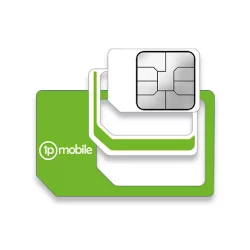
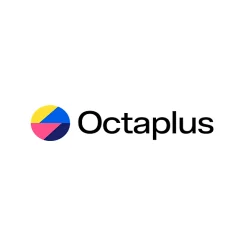


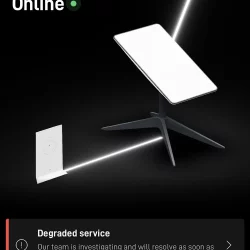












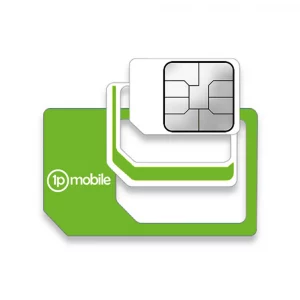
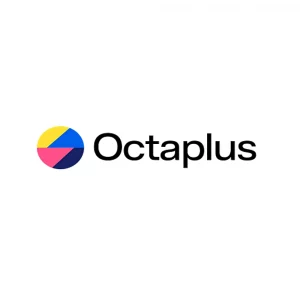

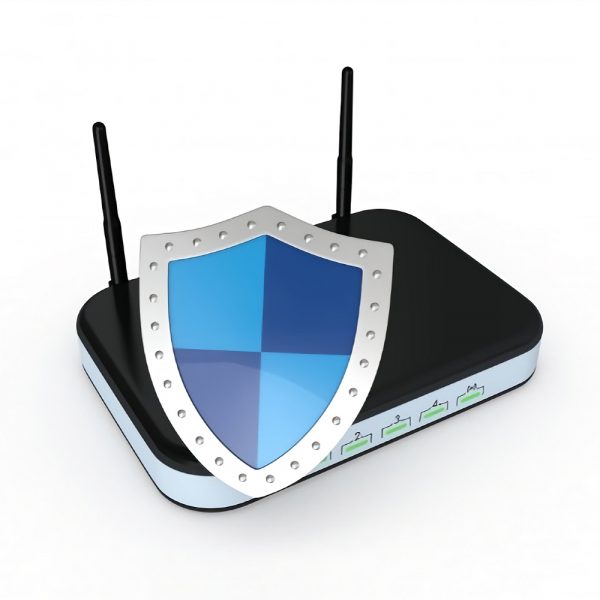
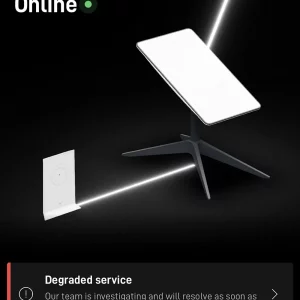































Comments are closed